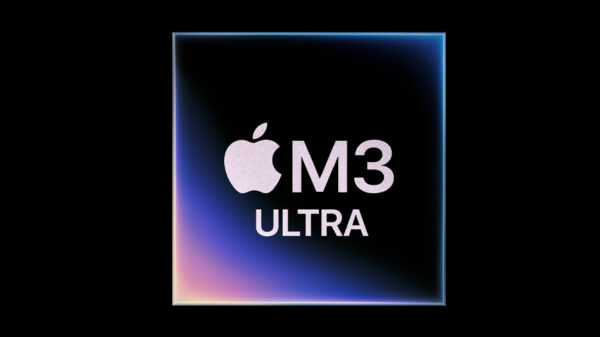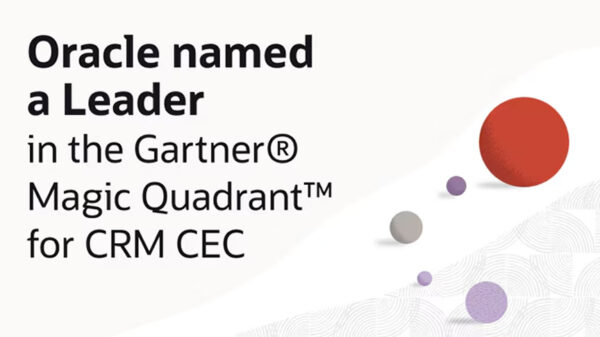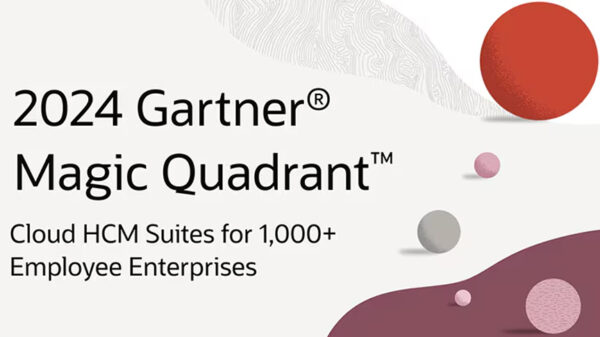Oracle has launched the Oracle ZFS Storage Appliance, the company’s application engineered storage that runs multiple workloads and advanced data services, even as it also promises to deliver extreme performance, superior efficiency and deep Oracle integration.
According to Leong Kam Hong, ASEAN storage product director for Oracle Corporation’s Systems Line of Business, the solution to the growing amount of data – growing 50 times compared with the 1.5 times increase in the number of IT professionals – is a dynamic automation capability which Oracle can offer through ZFS Storage.
ZFS Storage provides such benefits as higher application throughput, risk mitigation, higher storage efficiency, lower latency, and lower hardware cost of ownership. It also maximizes return on Oracle software investment when integrates with Oracle Database.
Boasting a Hybrid Storage Pool architecture, ZFS Storage automatically caches data on dynamic random access memory (DRAM) to improve operational efficiency and register optimal performance, while ensuring that data remains safely stored on reliable and high-capacity hard-disk drive storage.
The storage also features an advanced set of management tools that allows the provision and management of storage in less time. The rapid deployment of powerful advanced data services such as snapshots, clones, thin provisioning, four different compression algorithms, and replication is possible through the intuitive browser user interface (BUI) or the command line interface (CLI).
To reduce risk and increase efficiencies, the ZFS Storage offers integration with Oracle Database. The storage can ensure that Oracle software runs faster and more efficiently on Oracle storage through engineering, developing, testing and supporting hardware and software together.
The Oracle ZFS Storage is also integrated with Oracle Enterprise Manager, Oracle Solaris, and Oracle Linux.
Powered by a multi-threaded SMP operating system, the ZFS storage provides users with over 32GBs of sustained bandwidth within a single system to support thousands of VMs per system. This way, extremely highly threaded I/O which saturates conventional network-attached storage filers can be easily handled leading to filer sprawl.
The storage offers real-time application-aware performance and health analytics that helps users visualize CPU, cache, protocol, disk memory, networking and system-related data – all at the same time. It also features DTrace Storage Analytics which enables users to troubleshoot faster with less complexity and saves on administration costs.
The Oracle ZFS Storage is the only network-attached storage (NAS) with Hybrid Columnar Compression (HCC) that lowers storage footprint, complexity and cost and improves performance on an average of five times.
Another functionality of the storage is the new Heat Map and Automatic Data Optimization (ADO) that increases the efficiency and performance of Oracle Database 12c by moving data across different types of storage based on heat maps of data usage patterns. This capability delivers high database performance and reduced storage capacity.
The Oracle storage appliance is the only storage with Oracle Intelligent Storage Protocol (OISP) that reduces manual setup and tuning of storage for Oracle Database by over 65% to free up valuable administration resources, speed return on investment and eliminate human error. Users can do more with the same headcount and deliver strategic projects faster.
To accelerate queries and time to insight, the storage has caching algorithms where up to 70% of all I/O is served from DRAM (up to two terabytes per system) that is 1,000 times faster than flash drives and 10,000 times faster than hard disk drives.
The Oracle ZFS Storage Appliance has two controller variants that are currently available in the Philippines. These are the Oracle ZFS Storage ZS3-2 and Oracle ZFS Storage ZS3-4.
The Oracle ZFS Storage ZS3-2 is a midrange enterprise multiprotocol storage system ideal for use in performance-intensive workloads. It can reach 15 terabytes (TB) cache, 768TB capacity with 8 PCIe slots.
The Oracle ZFS Storage ZS3-4, on the other hand, is a high-end enterprise multiprotocol storage system for workloads demanding extreme performance and scalability. It can reach 25TB cache, 3.5 petabytes (PB) capacity with 14 PCIe slots.
These products are powered by more cores and memory to enable storage consolidation and overall performance, along with the ability to run advanced data services without performance degradation. Oracle ZFS Storage ZS3-2 is powered by 4x 8-core 2.1 GHz Intel Xeon processor while Oracle ZFS Storage ZS3-4 is being run by 8x 10-core 2.4GHz Intel Xeon processor.
“Oracle Z3 Series storage offers breakthrough streaming performance and value for high-throughput applications like data warehousing and business intelligence,” said Scott Tracy, vice president Storage, Oracle. “This SPC-2 result further demonstrates how the combination of a scalable storage operating system, high throughput system design, and intelligent caching can lower the complexity and cost of storage for customers running data-intensive applications.”


















































































































